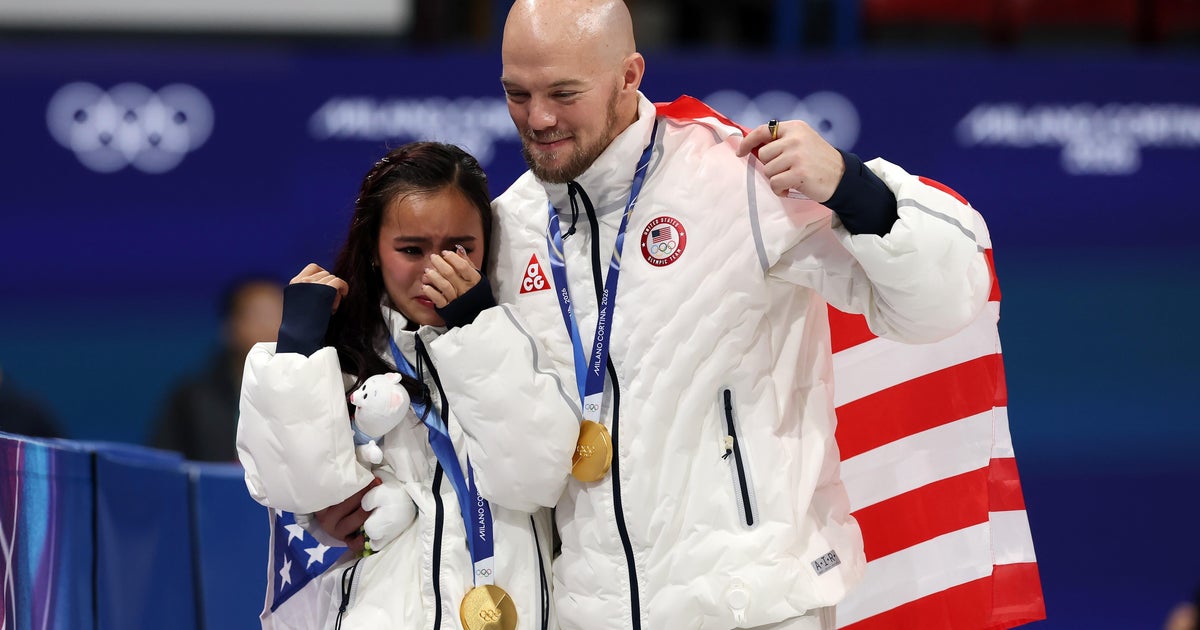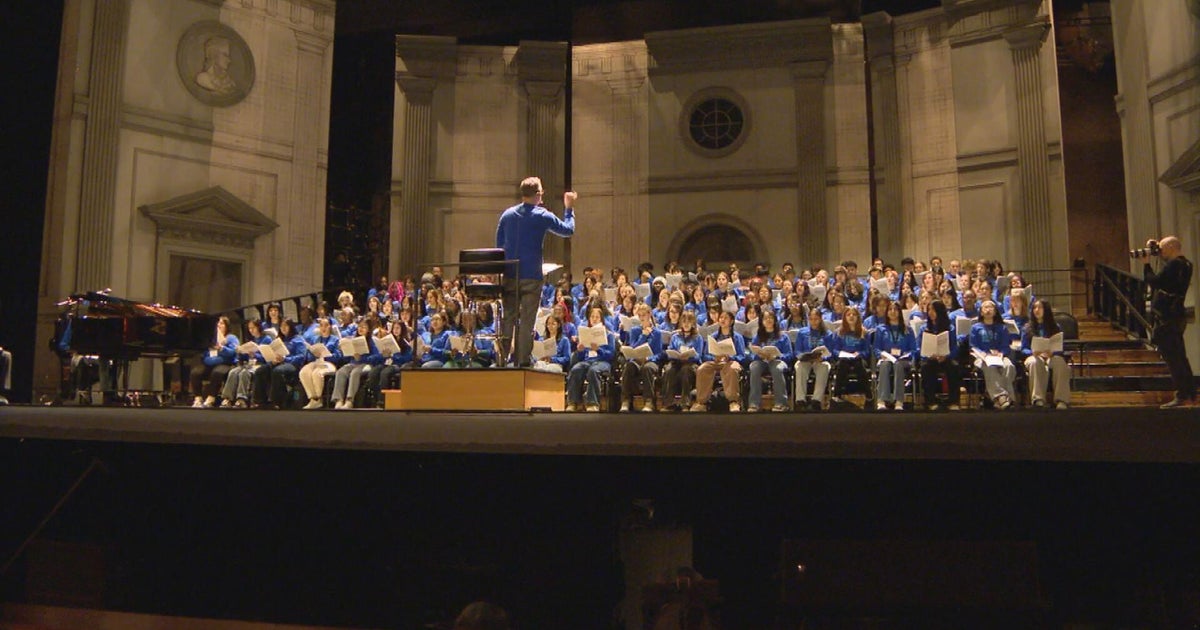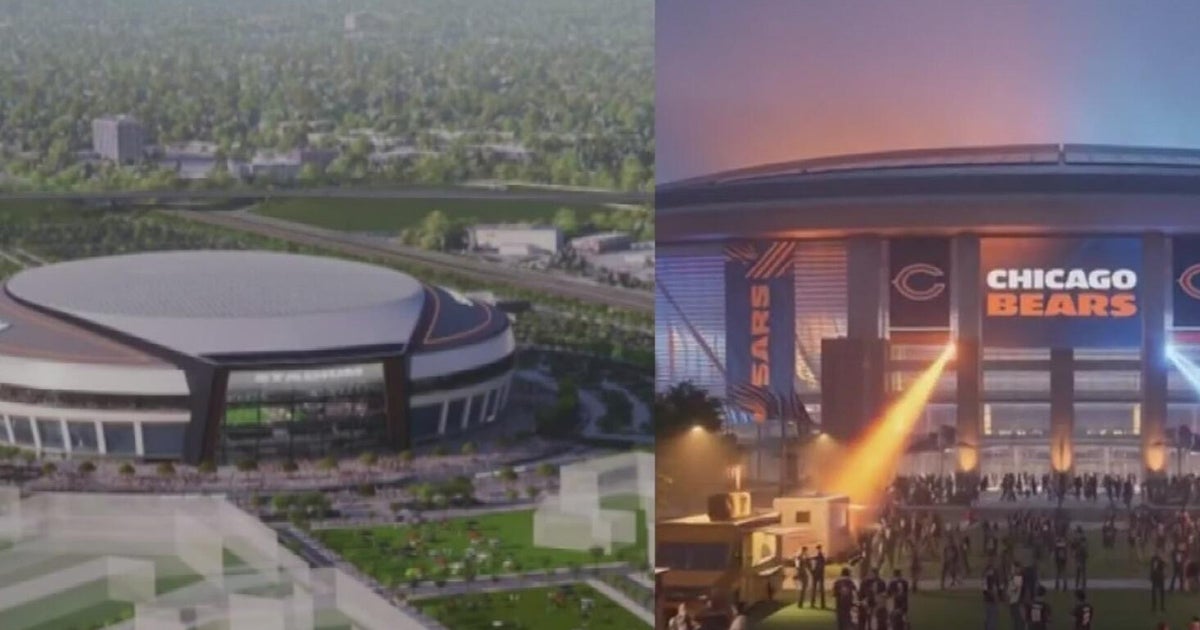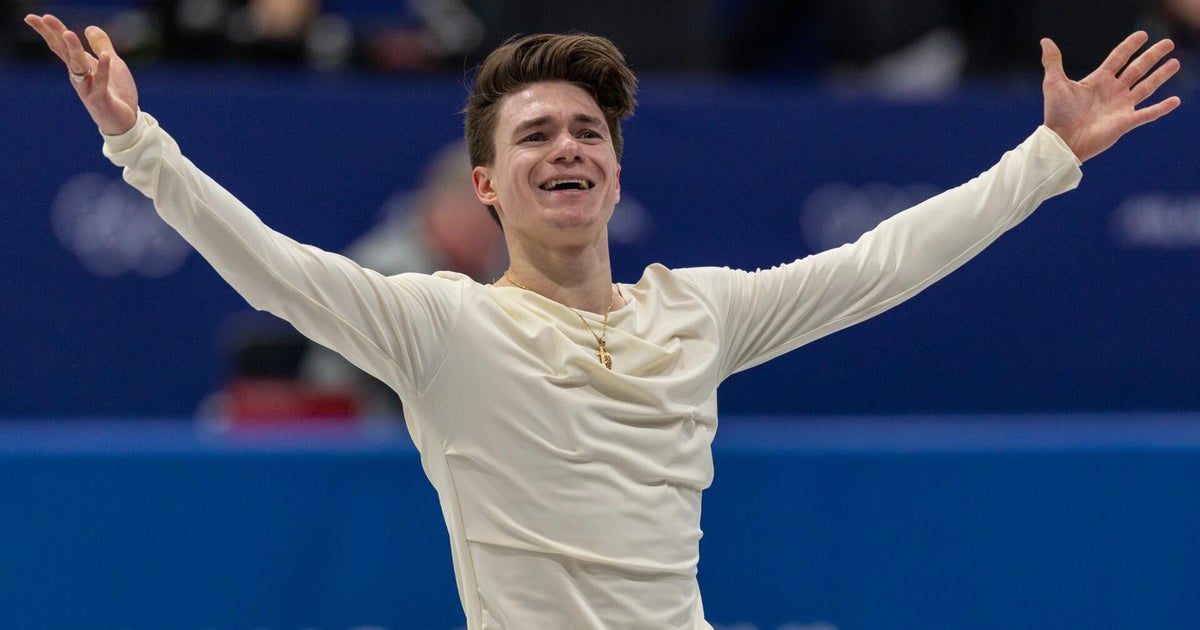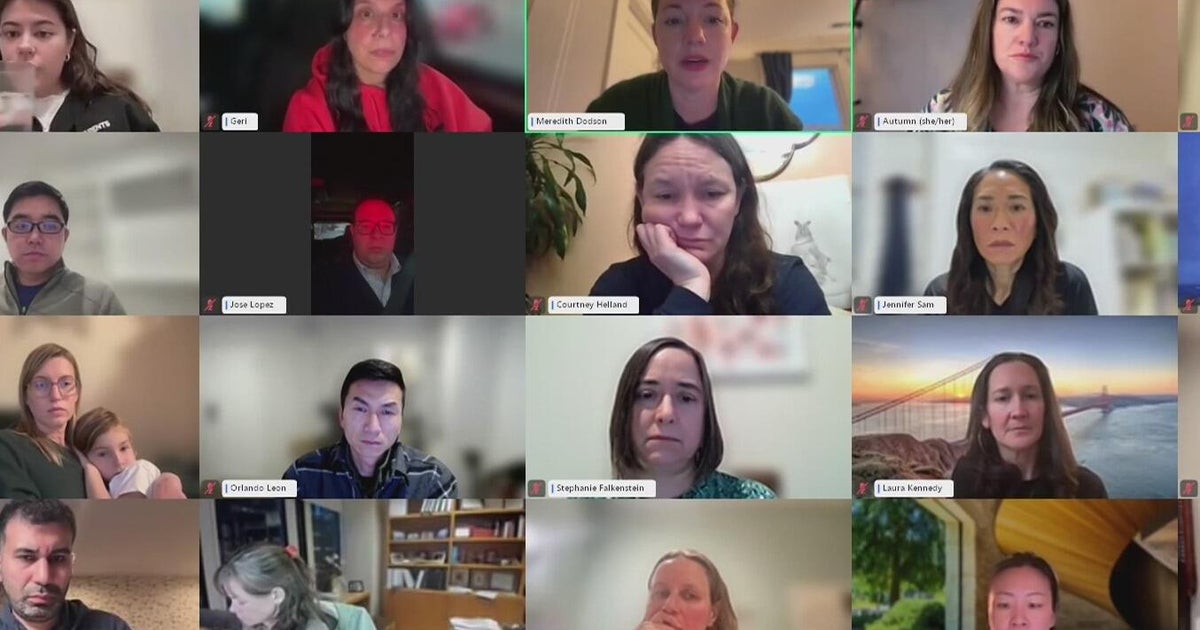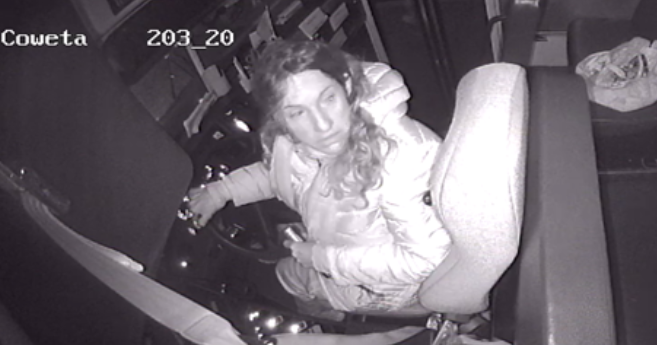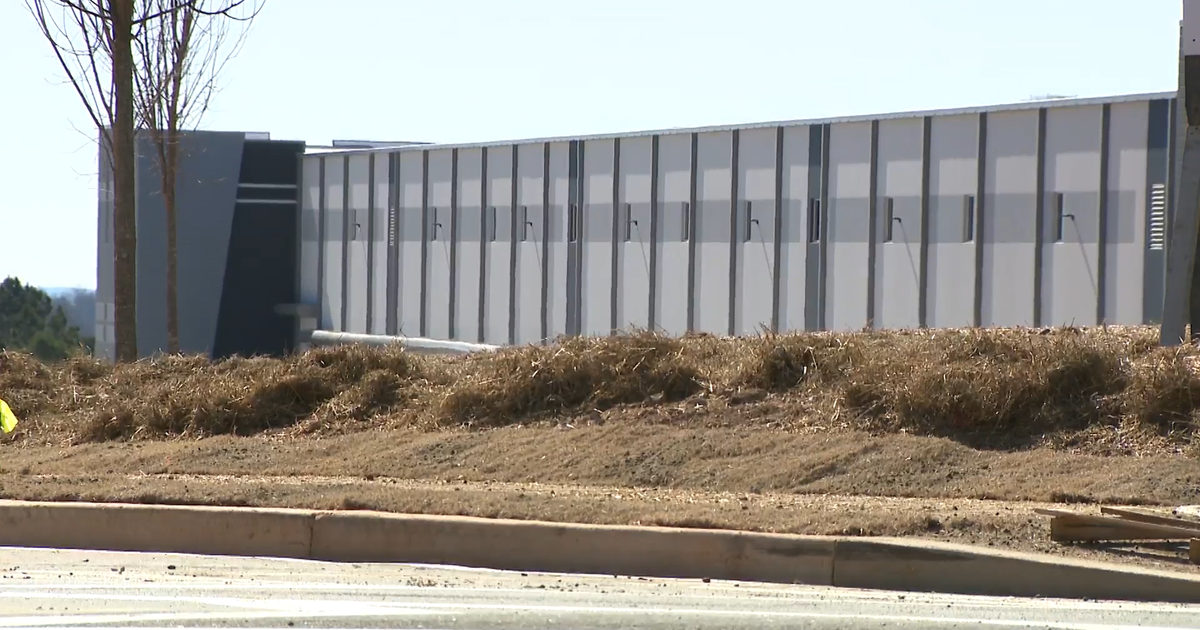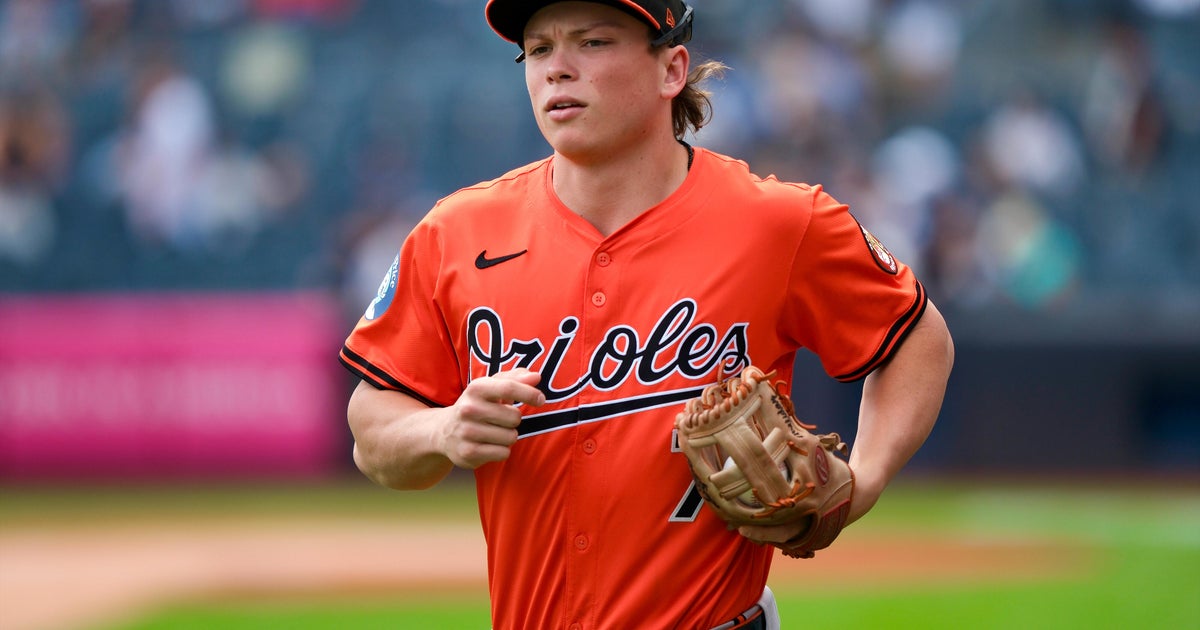City Club Panel Talks Concussions & The NFL
CHICAGO (CBS) -- Former Bears coach Mike Ditka stood in front of hundreds in a banquet room inside Maggiano's and recalled his life in the NFL.
"I love the game, I still watch the game," he said. "Did I have concussions? I'm sure I did, but I haven't been affected like others. But somebody asked me what about my grandkids? I said I'd probably put a golf club in their hand. For long-term effects, I'd put a golf club in their hand."
Ditka says he'd never trade anything for the pleasure he had playing the game, but he's seen the consequences of hard hits, concussions and injuries have had on his teammates.
"Mike Powers, my roommate, we came into the league together and I was with him in the end, I saw what he was," Ditka said. "Here's a guy that went to Yale, he was brilliant, brilliant but he was a mere shell in the end. Mike Webster ended up being a street person, had no clue. It's unbelievable."
Dikta joined a panel of three others in front of the Chicago City Club entitled "Concussions in the NFL: Whose Bell Was Really Rung?"
Podcast
"My career ended when I was kicked in the head by a guy name Bubba. I had never thought about concussions. I never even imagined there could be long term consequences to me using my head to knock other people down or out," said Chris Nowinski, former WWE wrestler and president of Concussion Legacy Foundation.
It wasn't until he developed post-concussion syndrome and suffered daily headaches that he realized there was a larger problem.
"We've known concussions have been problems for a long time. We've realized the only way we'd know what was happening is through brain donation, by looking at these brains of these athletes. We never thought we'd see what we've seen," he said. "We have now, we've crossed over 370 brains, over 200 of them football players. We didn't think it would be so many. With NFL guys, we are 90 of 94 that have shown this CTE pathology, we also have 48 of 58 who just played through college and we're also 7 of 27 who just played through high school."
Nowinski says it's not just an NFL issue. It's a fight over what football is going to be.
"To me the game belongs not to the 2,000 guys to gets paid to play but it belongs to the 3 million who are playing under the age of 18 who are being exposed to everything those NFL players are getting exposed to but without compensation, without informed consent and without doctors on the sidelines and all those protections we give the pros," Nowinski said.
The league has introduced new protocols to decrease instances of concussions but the panel says more needs to be done to take care of former players who need medical and financial assistance.
"We have an obligation to do the right thing, not the popular thing. I don't know how they are going to do it, it's time the NFL take care of the players that need help," said Ditka, who founded the Gridiron Greats Players Assistance Fund which raises money for former NFL players who need help paying for lingering medical issues.
"I don't have the answers. Should we abolish football? No but the owners have a big investment. I played for George Halas, I don't think he'd enjoy seeing what's going on today. Hopefully people will come to their senses and do the right thing."
